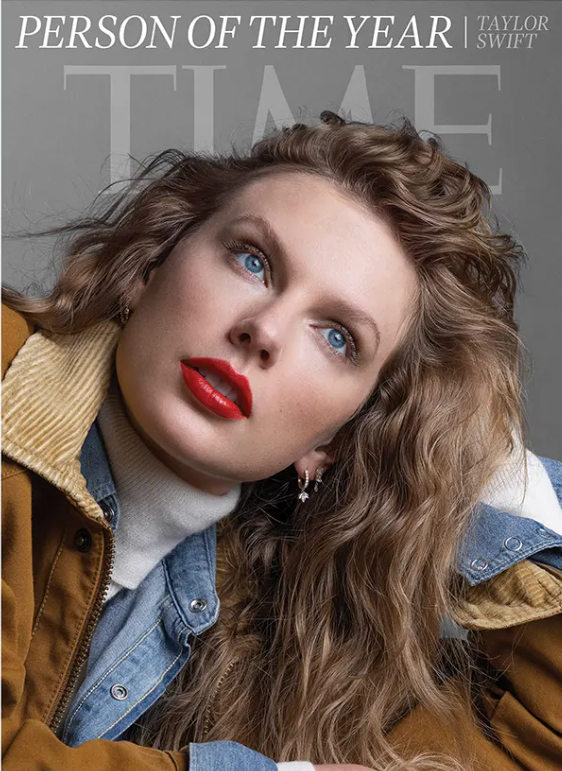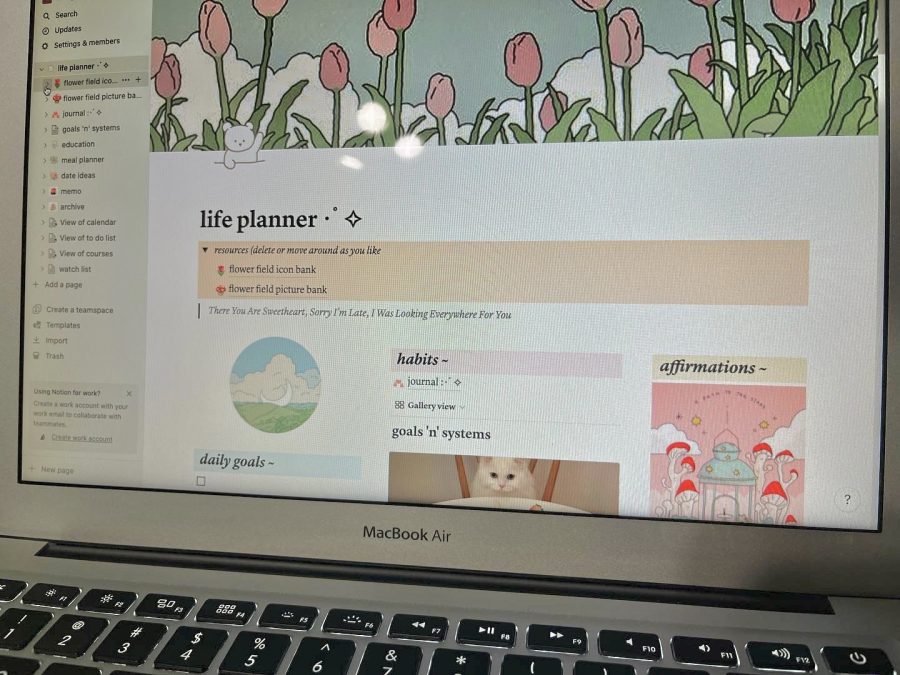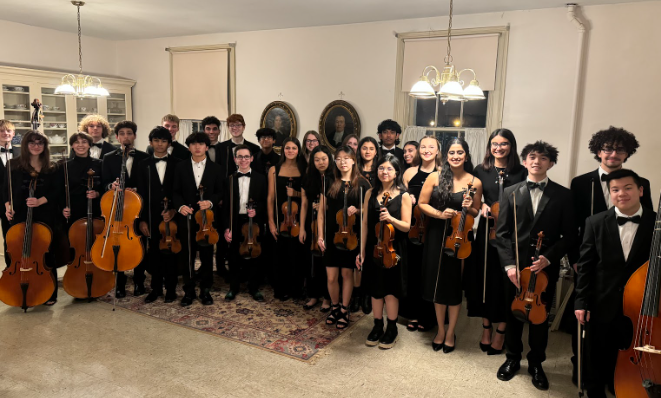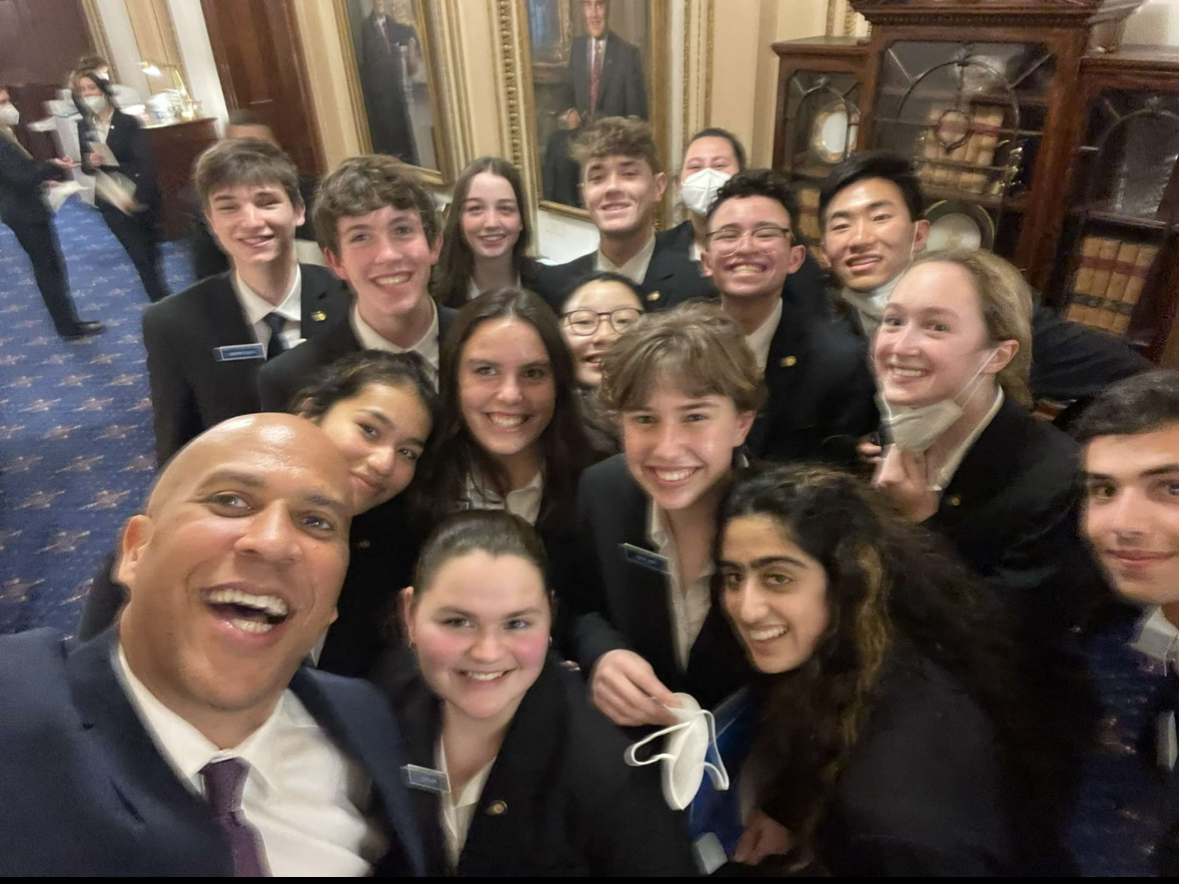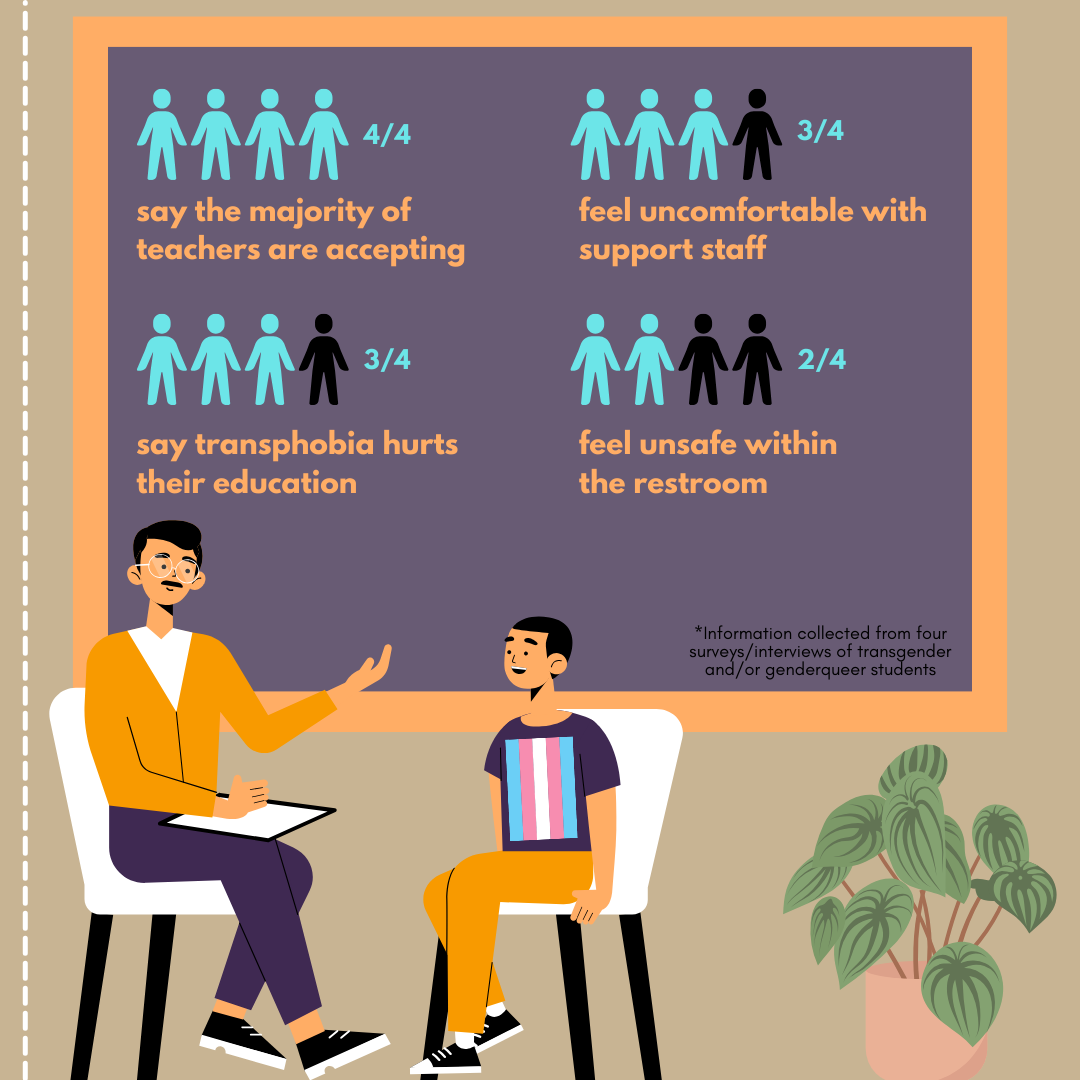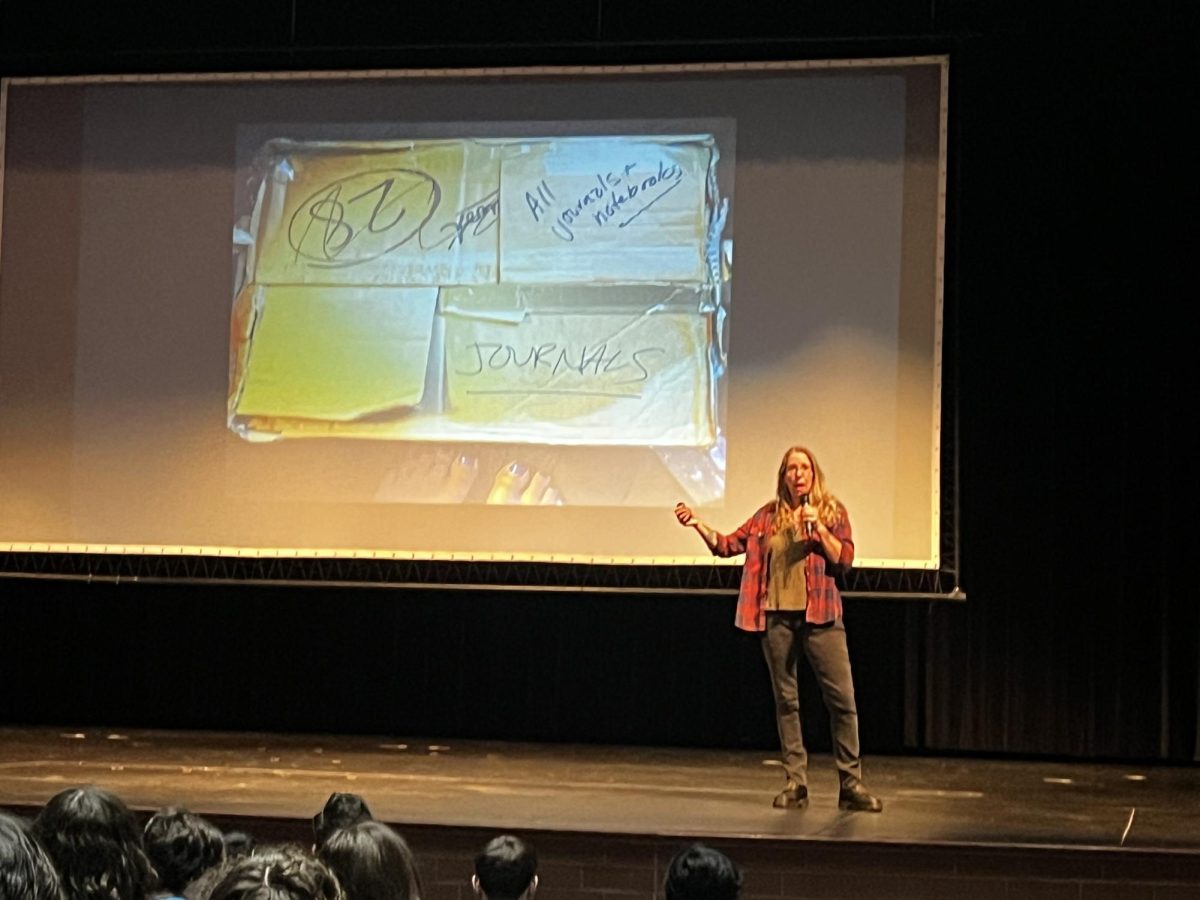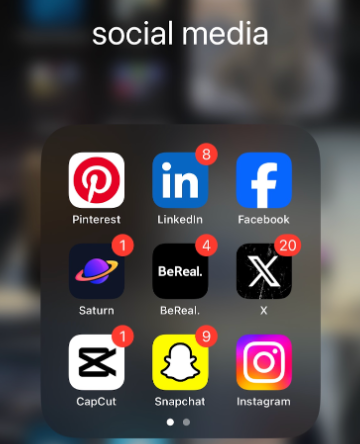
Sitting in the office, a hiring manager quickly glances over the resume of a young high school student seeking their first job. They appear qualified, but as a final background check, he types their name into Google. The first hit is the applicant’s Instagram. Scrolling deep into their feed reveals photos of a New Years’ party from a couple years ago. The manager finds it a bit distasteful and with a sigh, prepares to reject the application.
In the age of social media, this scenario is becoming increasingly common. 70 percent of hiring managers investigate applicants’ social media and 54 percent have rejected applicants based on their findings, according to a 2018 CareerBuilder survey.
The search’s extent varies between employers. Company policy doesn’t always have strict instructions on screening procedure. Some don’t check at all, while others dive deep into a person’s online history.
Through social media, employers can find a trove of documentation on people’s personality traits and job suitability–or they assume. Social media was found to be a poor indicator of future job performance by a 2020 multistudy investigation in the Journal of Applied Psychology.
After 6-12 months of employment, supervisors were asked to rate their employees. Then, two groups of recruiters, one trained in unbiased screening techniques and one not, inspected the employees’ Facebook profiles. Neither group accurately predicted job performance or turnover.
It also revealed that even without intent to discriminate, implicit bias, an unconscious attitude towards certain groups, wormed its way into recruiters’ decisions. Recruiters were swayed by superfluous information, like marital status, sexual orientation, and religion. For example, they generally preferred married or engaged applicants to single ones, older applicants to younger, and users with no religion indicated to those with a religion.
This is of particular concern to high schoolers whose interests and personalities might not appeal to older recruiters. Most students don’t curate their social media with adults reading it in mind, but instead with an eye to their peers.
The study did not include using social media as a “negative screen”, such as looking for overt racism or misogyny, or platforms like LinkedIn that are intended for professional networking.
That doesn’t mean LinkedIn is free from scrutiny. A 2020 multistudy investigation by Hofstra University found applicants with evidence of family responsibilities in their LinkedIn profiles were less likely to be considered, especially if they were female, reviewed by a female recruiter, or applying for a company with a fast-paced culture. Sometimes, employers assume people with families will be less dedicated to their jobs or unable to handle a competitive environment.
Common advice surrounding social media, especially from older generations, is to avoid sharing crimes or alcohol use. Most people would consider this reasonable, but this narrative fails to factor in the employer bias and judgment inherent to the process. The idea that employers are only influenced by obvious red flags, like illegal activity, justifies continued social media searches.
In this way, social media screening opens an easy loophole for discrimination by allowing employers to see everything they can’t ask in an interview. Questions about a person’s protected classes, identities protected from employment discrimination, are illegal to ask without justification in the hiring process to reduce bias, yet social media screening isn’t.
Refraining from posting illegal activity may be easy-to-swallow advice; suggesting a job seeker not post their gender or race is not. When a tool opens up more bias instead of aiding decision-making, it can’t be considered ethical.
Imagine that first scenario again. This time, the hiring manager notices something else: the student engaged in a massive Twitter argument over the upcoming election. Everyone has seemingly moved on from the less-than-an-hour flame war, but the manager can’t shake the bad taste in his mouth. The resume ends up in the trash once again.
As social media becomes an acceptable forum for political discourse, employers who look through social media will be exposed to an applicant’s political views.
In the name of maintaining workplace culture, some employers are swayed to hire those close to their own political association. Unrestricted social media screening impacts those who use social media for activism.
In fact, being too political is a legal reason to not hire someone. Some employers assume the hire will take that political energy into the workplace and cause disputes. A person’s actions on social media don’t dictate their actions at work, and yet employers consider this enough of a risk to not hire someone. “Too political” itself is a subjective idea.
In an age of cultural division, employees can’t trust employers to not impose their personal morality on their social media.
For many, social media is a place for self-expression, to share personal projects, beliefs, and insights. Needing to appeal to the entire potential range of recruiters’ values, from ultra-conservative to ultra-liberal, stifles this. One employer might consider a bikini picture on the beach lewd– another might not.
Now that younger workers value less the company loyalty of the past, they are less willing to silence their beliefs for a job.
Despite social media screening’s reputation as ineffective, discriminatory, and invasive, it’s still a common tool of hiring managers. Though many recruiters have boundaries around searching social media, the door is still open for abuse without actionable legislation.
Unfortunately, the law is slow to catch up to changing technology. On March 12, 2024, New York prevented employers from asking for social media usernames or passwords, and from asking an applicant to pull up their social media mid-interview. Still, employers can look up people in their own time.
The European Union recommends that social media screening should be indicated early in the recruitment process, proportional in depth to the role, and conducted as late in the process as possible. These recommendations lack legal teeth, but they influence European company policy and legal interpretation.
As regulation slacks behind, job seekers can take steps to protect themselves from overzealous recruiters.
If you’re worried about your accounts’ content, make them private, but don’t delete them. Deleted accounts remain for months afterward and make some employers think you have something to hide. Only trusted people can access private accounts. However, the chance to make a positive impression through social media is eliminated.
Evaluate the risk in posting anything potentially offensive. While you can’t perfectly predict an employer’s opinion, you can gauge the most common red flags, like crimes, alcohol or drug use, overly negative content, profanity, sensitive photos, politics, and other touchy topics. The decision surrounding your image and future is ultimately yours to make.
Keep tabs on your online footprint by Googling your name and looking at current and old accounts. Some employers use the email or phone number shared with them to look up public accounts, including those not attached to a real full name. Even social media thought of as more private, like Reddit, can be found via screenshots or reposts. Knowing what’s out there lets you know what employers see.
Learn New York and federal hiring law to identify dubious situations. Many employers, especially those that employ high schoolers like small businesses, attempt to skirt or ignore the law.
Use social media to your advantage. By sharing your wins and successes with future employers, social media can be used to display a positive version of yourself, in a more real setting than an interview. Increasingly, employers are turning to social media to find skilled recruits.
Finally, just because you’re hired doesn’t mean you’re in the clear. Some employers continue to watch their employees’ social media. Check if they have any specific policy on following employees or guidelines on what employees should post.
As technology worms its way into our lives, its effects are becoming increasingly unpredictable and inadvertent. While recruiters see social media as a tool to hire better people, its current implementation lacks evidence and leaves it susceptible to abuse, even working around decades-old anti-discrimination laws. Social media was never private, but it is distinct from a work setting. The law– and employers– must catch up to the changing socio-technological landscape, or else face far-reaching reversals in employment progress.

